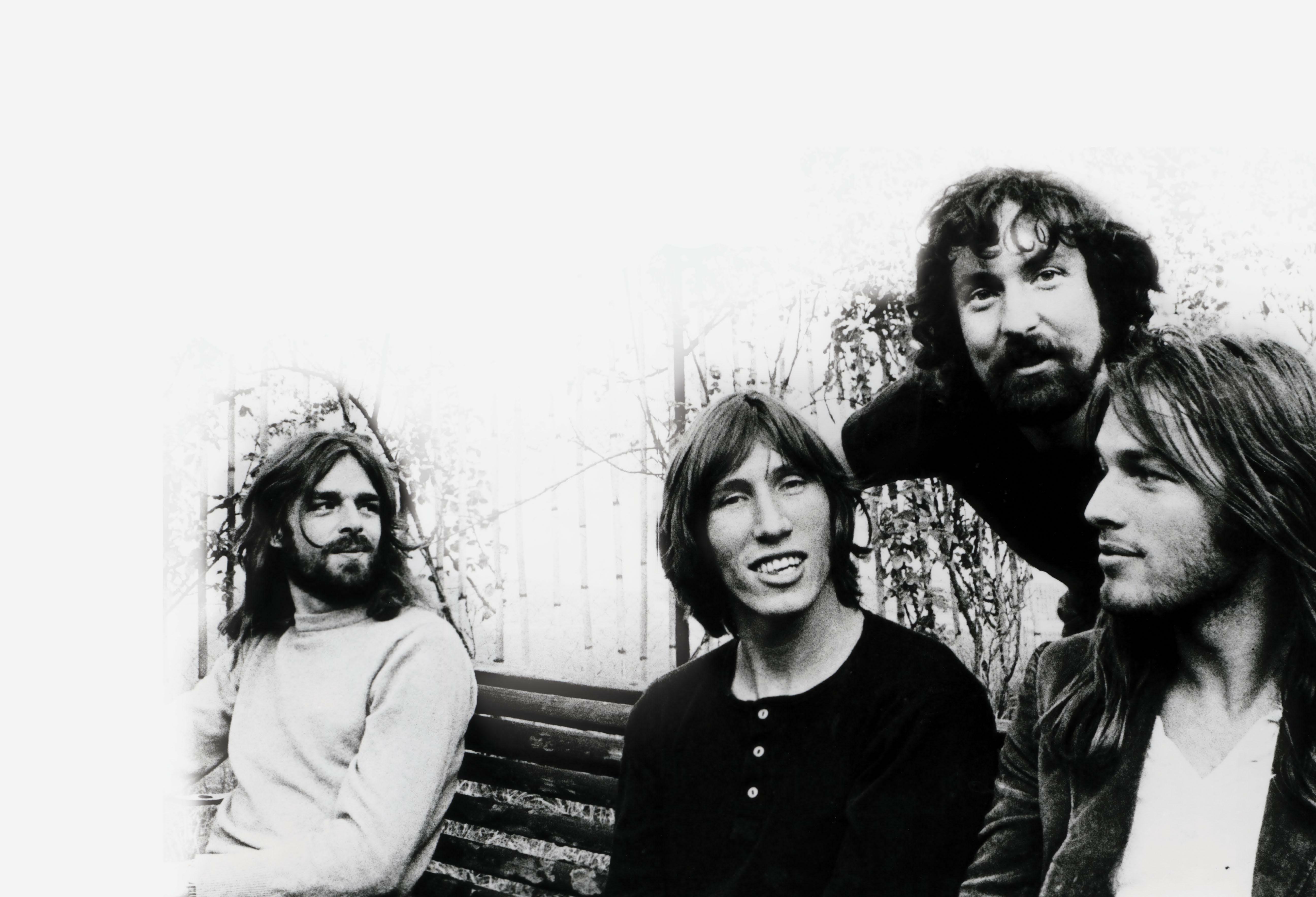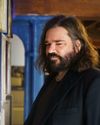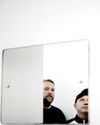
In 1980, Pink Floyd took to the stage at Earls Court, the cavernous 18,000-seater exhibition centre in west London. Booked for six nights in early August, the group performed a show that systematically parodied the very notion of an arena concert, introduced by an over-the-top MC, before sending four musicians onstage wearing Pink Floyd life masks; a surrogate band, proving that audiences at that distance could actually be watching anything. If that wasn't enough to emphasise the dislocation, a physical wall was built between artist and audience made of 450 cardboard bricks.
The Wall became Floyd conceptualist Roger Waters' most complex idea, a reaction to the general isolation in his role as conflicted multi-millionaire socialist, but specifically at the dislocation he felt as his group played live to ever bigger, increasingly soulless arenas. Always a band received with earnest silence from their fans, yet since the global success of 1973's The Dark Side Of The Moon, rowdy elements of the crowd, especially in North America, asphyxiated the already slender rapport Waters felt with his audience.
But how did it come to this? How did a band, so experimental, stately and well-mannered get to this point? It all begins in exactly the same place, Earls Court, seven years earlier in May 1973.
Esta historia es de la edición Issue 142 de Prog.
Comience su prueba gratuita de Magzter GOLD de 7 días para acceder a miles de historias premium seleccionadas y a más de 9,000 revistas y periódicos.
Ya eres suscriptor ? Conectar
Esta historia es de la edición Issue 142 de Prog.
Comience su prueba gratuita de Magzter GOLD de 7 días para acceder a miles de historias premium seleccionadas y a más de 9,000 revistas y periódicos.
Ya eres suscriptor? Conectar

Dig The New Breed
Supergroup collaborator and solo artist Neal Morse has switched things up for his latest album, No Hill For A Climber, and brought in a new team of young talent, referred to as The Resonance. The artist discusses working in a different way, the challenges of lyric-writing, and whether this spells the end of his songwriting partnership with Mike Portnoy.

Tree, Surgin
Formed in Norway in the early 90s, White Willow were among the retro-sounding bands that were at the forefront of Scandinavia's progressive revival, along with Anekdoten and Änglagård. Although they've been inactive for the last seven or so years, their first six albums are in the process of being reissued via Karisma Records. Bandleader Jacob Holm-Lupo revisits those early releases and reveals that album eight could be on the way soon.

An Accidental Decade
Ten years ago, the whimsical stories on Tiger Moth Tales' debut album, Cocoon, captured the imagination of the prog world. Marking the decade with a 10th anniversary edition of the album, TMT's Peter Jones shares some of his personal highlights with Prog and explains why he's still coming to terms with where it all went right.

Rite Here, Rite Now
After a 17-year break, Swedish four-piece Ritual have made a very welcome return with the first part of The Story Of Mr. Bogd. Guitarist/vocalist Patrik Lundström discusses embracing their inner child, the magic of Moomins and the musical journey that led to the creation of the two-part concept album.

The Hiet Is On
The Finnish musical everyman Marko Hietala has been through it all: mental-health issues, leaving the mighty Nightwish and even a stint on reality TV. Fortunately his new album, Roses From The Deep, reveals that he's still as much of a force as ever. Prog caught up with him to find out more.

LIFTING SHADOWS OFF A Dream
It was the reunion that no one thought would ever happen, but after 15 years of making music without him, Dream Theater have welcomed back co-founder Mike Portnoy on their 16th studio album. The drummer discusses Parasomnia, healing old wounds and touring the classic line-up for the band's 40th anniversary.

Ladies And Gentlemen, We Are Floating In Space
Buckle up and prepare to be taken on the ride of a lifetime. Steven Wilson is back with The Overview, an album that even he admits is prog. Comprising two tracks, the conceptual suite includes lyrics from XTC's Andy Partridge and visuals that are out of this world. Prog visits the musician at home to get the lowdown.

RECURRING DREAMS
On his latest album, Heard Noises, Matt Berry takes a leap of faith musically and brings in a more reflective and, at times, confessional approach to lyric-writing. The actor-musician tells Prog about his mind-shift since entering his fifth decade and the very special gift he received from one of his musical heroes that's also played a role on the album package.

Hell - Ain't A Bad Place To Be
In celebration of three decades together, Mogwai have transformed a difficult period into a blazing post-rock extravaganza. The Bad Fire finds the \"prog curious\" Scots in fine form and taking unexpected inspiration from King Crimson, Jan Hammer and Pink Floyd. Bandleader Stuart Braithwaite admits it's never too late to discover The Dark Side Of The Moon.

DORIE JACKSON
Kaprekar's Constant vocalist on her solo career, her dad's influence and why she's happiest being a team player.